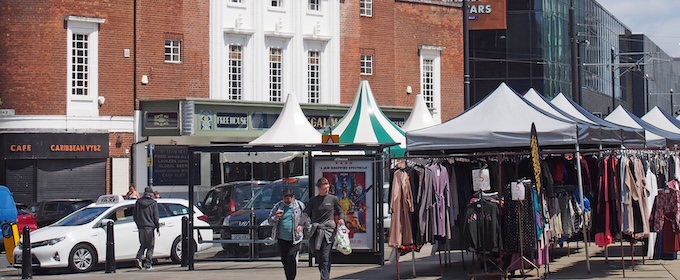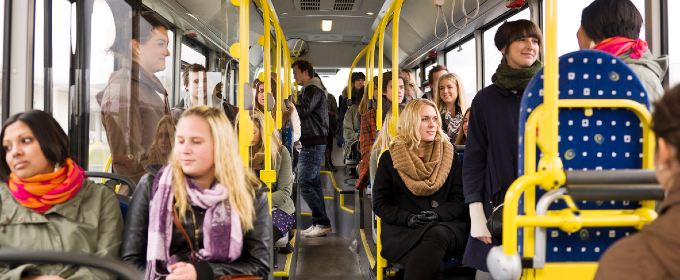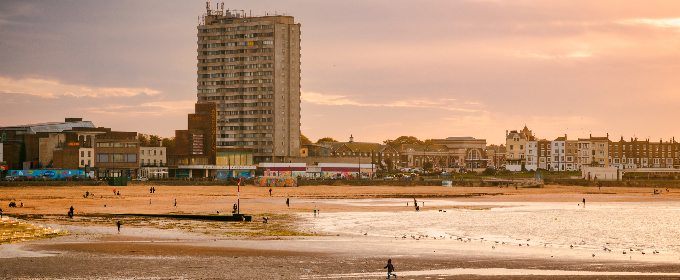Emissions from the construction and use of buildings contribute about 40% of global carbon emissions. As other sectors decarbonise, buildings-related emissions are projected to account for around 90% of global emissions by 2050. In the UK, four fifths of buildings around today are expected to still be in use in 2050. With the UK having […]









